Academic Innovation & Distance Education
Search results: 411
This advanced course focuses on the academic writing skills necessary for success in college content courses. Students develop their abilities with sentence structure, paragraph writing, and essay writing through extensive practice with multiple drafting, revising, editing, and proofreading. Students write from personal experience, answer essay questions from readings of substantial complexity, and write essays using research sources. Students learn grammar in the context of the readings and student generated writing. Students must pass the ESL099 Writing Competency Exam and earn a C or better in order to pass the course. Prerequisites: Grade of C or better in ESL086, ESL087, ESL088, and ESL089 or placement. 09/04/2018-12/21/2018 Lecture Tuesday, Thursday 10:00AM - 11:15AM, B Building, Room B105
- Teacher: Alan Shute
- Teacher: Shirley Cassara
- Teacher: Justin Grosfelt
- Teacher: Shirley Cassara
- Teacher: Asther Asmelash
- Teacher: Ashley Paul
- Teacher: Elizabeth Miller
- Teacher: Alison Ruch
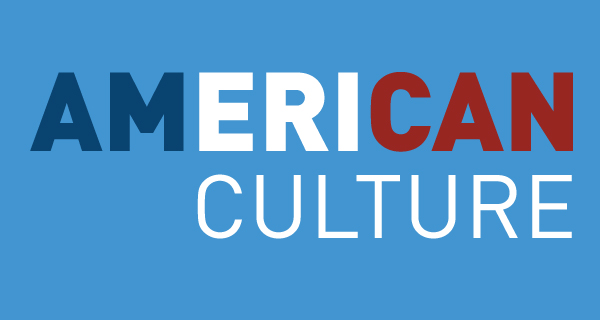
- Teacher: Asther Asmelash
- Teacher: Harris Williams

- Teacher: Denise O'Malley
- Teacher: Elizabeth Miller
- Teacher: Maria Puente
- Teacher: Shirley Cassara
- Teacher: Timothy McLaughlin

- Teacher: Emmanuela Maurice
- Teacher: Timothy McLaughlin
- Teacher: Philip Kazanjian
- Teacher: Jennifer Cohn
- Teacher: Whitney Nelson
- Teacher: Whitney Nelson
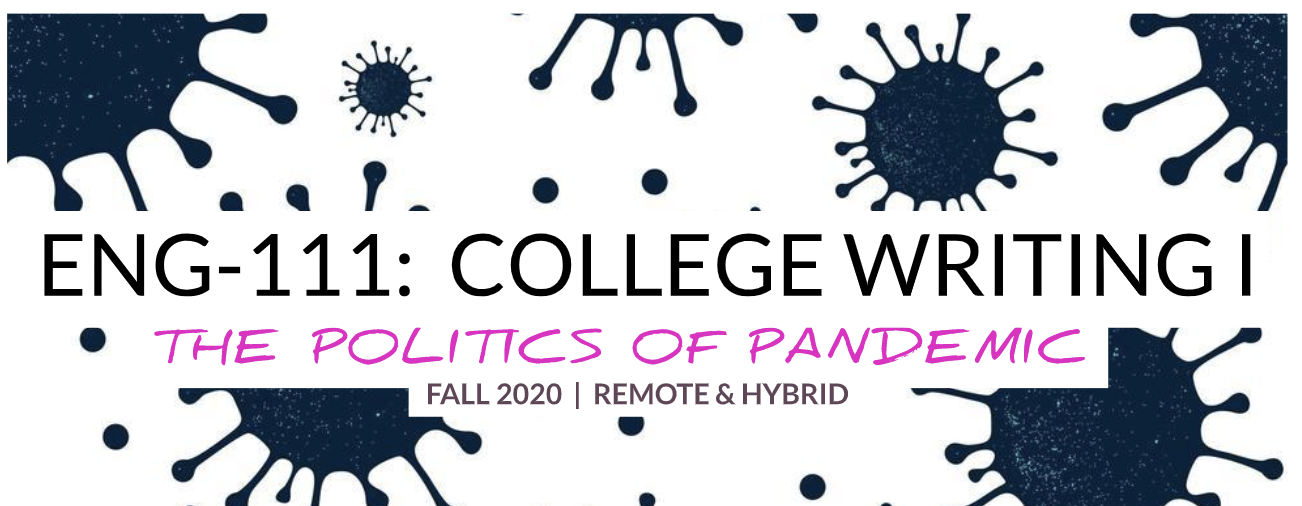
- Teacher: Leigh Bennett

- Teacher: Naoko Akai-Dennis
- Teacher: Cecile Corona
- Teacher: Jennifer Cohn
- Teacher: Selig Broitman
- Teacher: Shana Berger
- Teacher: James Deveney
- Teacher: Shana Berger
- Teacher: Jennifer Cohn
- Teacher: Proshot Kalami
- Teacher: Ana Ilic

- Teacher: Alicia Gallego Zarzosa
- Teacher: Harriet Hutchinson
- Teacher: Nazha Zahiri
- Teacher: Proshot Kalami
- Teacher: Latasha Sarpy
- Teacher: Jessica Smith-Rohrberg
- Teacher: Vanessa Reiss-Vaughn
- Teacher: Alison Ruch
- Teacher: Libby Dunphy
- Teacher: Belinda Kadambi
- Teacher: Karen Mitchell
- Teacher: Proshot Kalami
- Teacher: Cecile Corona
- Teacher: Douglas Pastel
- Teacher: Richard Chowenhill
- Teacher: Jacqueline Kerstner
- Teacher: Elizabeth Miller
- Teacher: Elizabeth Miller
- Teacher: Whitney Nelson
- Teacher: Cecile Corona
- Teacher: Richard Yost
- Teacher: Richard Yost
- Teacher: Riikka Pietilainen-Caffrey
- Teacher: Shanadeen Begay
- Teacher: Shanadeen Begay
- Teacher: Amy Tortorella
- Teacher: Amy Tortorella
- Teacher: Shanadeen Begay
- Teacher: Latasha Sarpy

- Teacher: Alicia Gallego Zarzosa
- Teacher: Melissa Mips
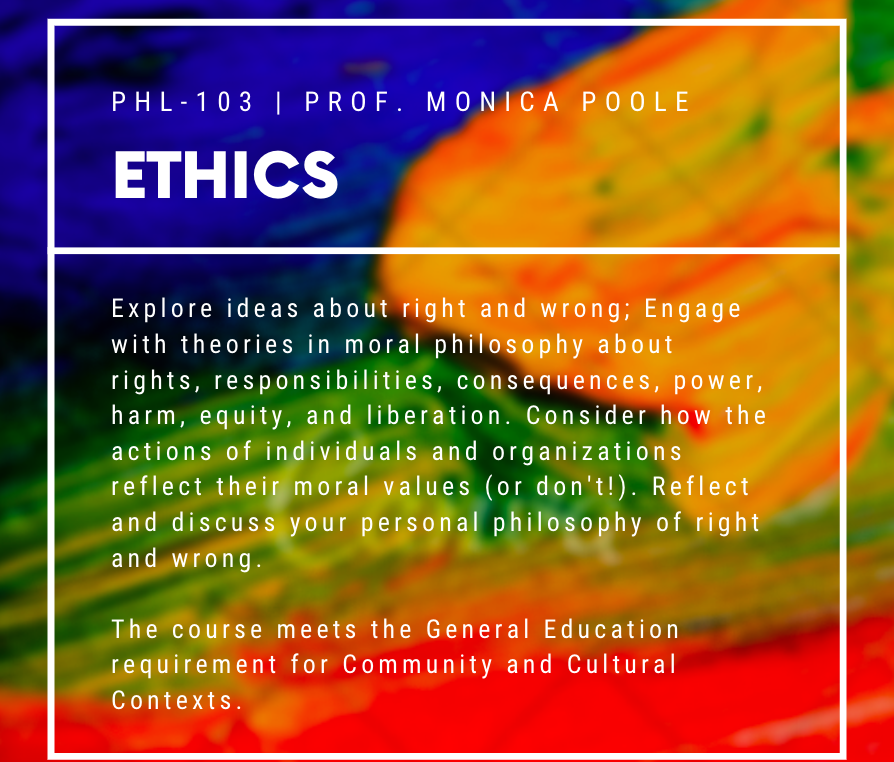
- Professor: Monica Poole
- Teacher: Alicia Gallego Zarzosa
- Teacher: Kathleen Enright
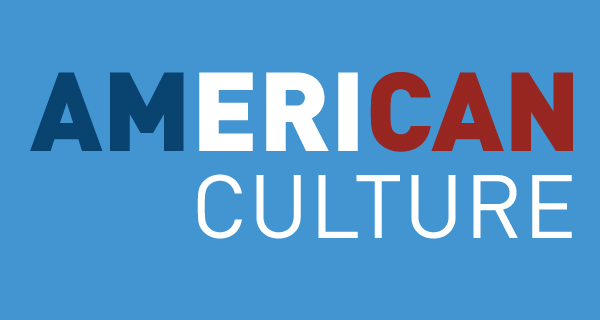
- Teacher: Asther Asmelash
- Teacher: Rita Rzezuski
- Teacher: Maria Puente
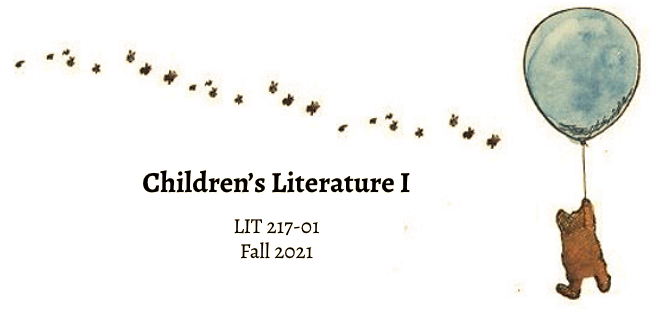
- Teacher: Tori Savage
- Teacher: Timothy McLaughlin
- Teacher: Philip Kazanjian
- Teacher: Irene Sancinito
- Teacher: Jennifer Cohn
- Teacher: Jane Stimpson
- Teacher: Jac-Lynn Stark
- Teacher: Jac-Lynn Stark
- Teacher: Vijaya Sundaram
- Teacher: Mary Cragg
- Teacher: Luana McCuish
- Teacher: Scott Benjamin
- Teacher: Kimberly Stieglitz
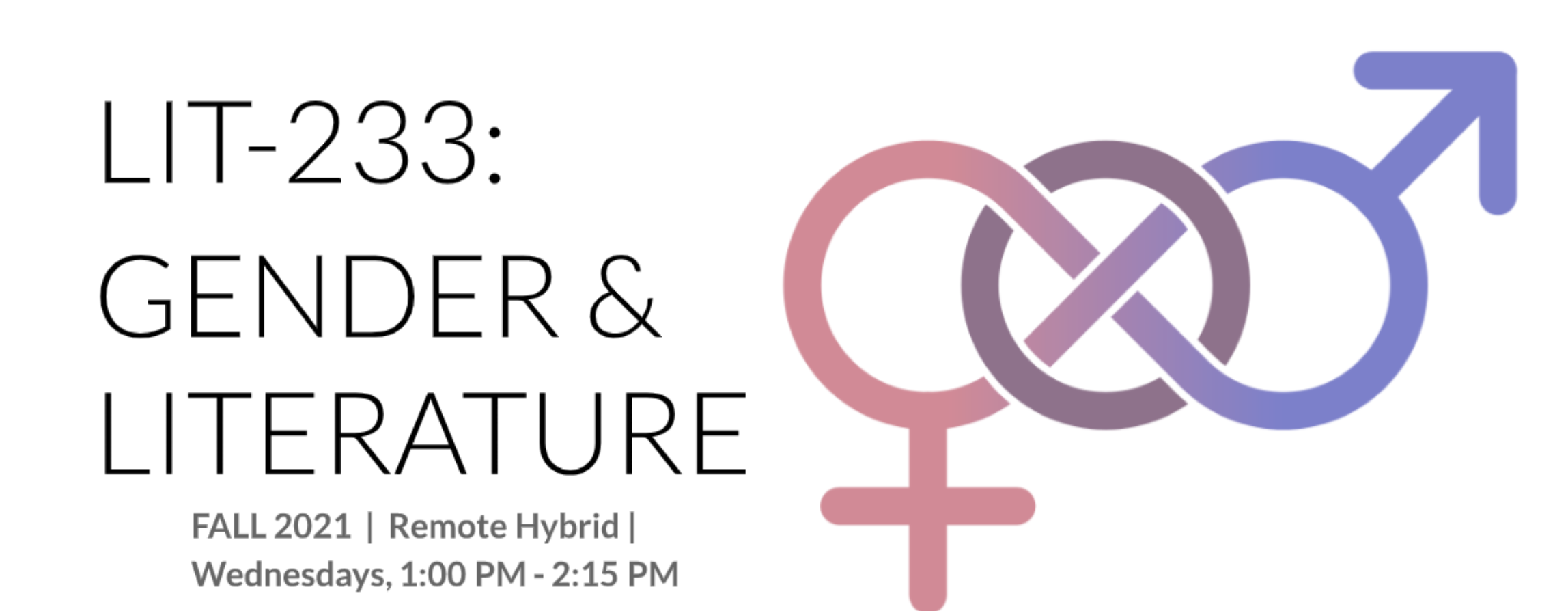
- Teacher: Leigh Bennett
- Teacher: Proshot Kalami
- Teacher: Latasha Sarpy
- Teacher: Giuseppa Cefalu
- Teacher: Philip Kazanjian
- Teacher: Alan Shute
- Teacher: Alan Shute
- Teacher: Jeff Ellenbird
- Teacher: Belinda Kadambi
- Teacher: Belinda Kadambi
- Teacher: Zinnia Owen Smith
- Teacher: Jac-Lynn Stark
- Teacher: Douglas Pastel
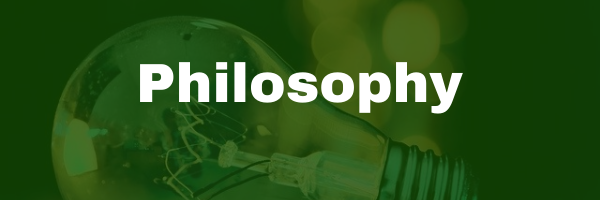
- Professor: Monica Poole
- Teacher: Jacqueline Kerstner
- Teacher: Giuseppa Cefalu
- Teacher: Proshot Kalami
- Teacher: Richard Yost
- Teacher: Richard Yost
- Teacher: Soo Park
- Teacher: Riikka Pietilainen-Caffrey
- Teacher: Joli Kane
- Teacher: Shanadeen Begay
- Teacher: Shanadeen Begay
- Teacher: Marija Bingulac
- Teacher: Krista Reichert
- Teacher: Elizabeth Miller
- Teacher: Irene Sancinito
- Teacher: James Deveney
- Teacher: Sean Allan
- Teacher: Livia Fernandes
- Teacher: Giuseppa Cefalu
- Teacher: Shanadeen Begay
- Teacher: Shanadeen Begay
- Teacher: Shanadeen Begay
- Teacher: Rita Rzezuski
- Teacher: Michael Silverman
- Teacher: Belinda Kadambi

- Teacher: Alison Ruch
- Teacher: Amanda Gannaway
- Teacher: Elizabeth Miller
- Teacher: Maria Puente
- Teacher: Shirley Cassara
- Teacher: Irene Sancinito
- Teacher: Irene Sancinito
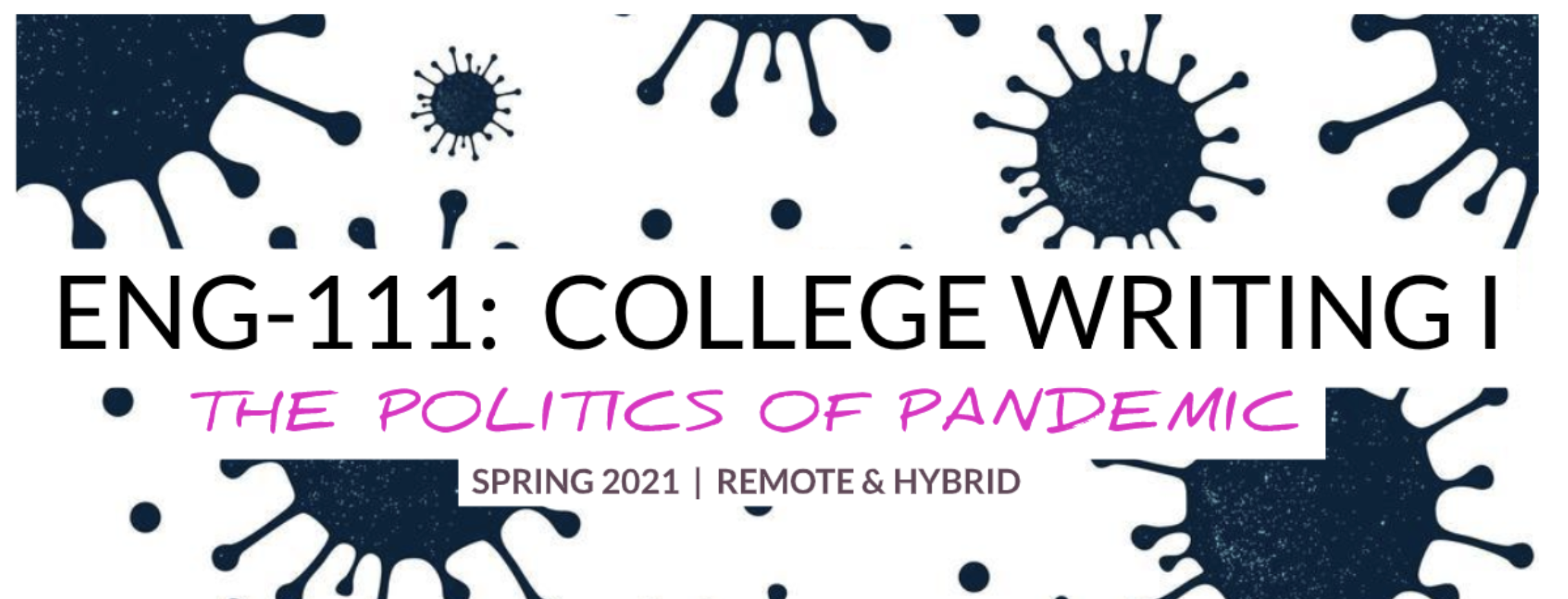
- Teacher: Leigh Bennett
- Teacher: Cecile Corona
- Teacher: Robert Whitman
- Teacher: Jac-Lynn Stark

- Teacher: Leigh Bennett
- Teacher: Jennifer Cohn

- Teacher: Naoko Akai-Dennis
- Teacher: Selig Broitman
- Teacher: Michael Dubson

- Teacher: Jennifer Valdez
- Teacher: Lindsay Naggie
- Teacher: Robert Whitman

- Teacher: Naoko Akai-Dennis
- Teacher: Gregory Grosvenor
- Teacher: Jennifer Cohn
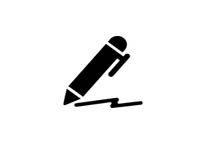
- Teacher: Alison Ruch
- Teacher: Dennis Moriarty
- Teacher: Michael Harris

- Professor: Monica Poole
- Teacher: Nazha Zahiri
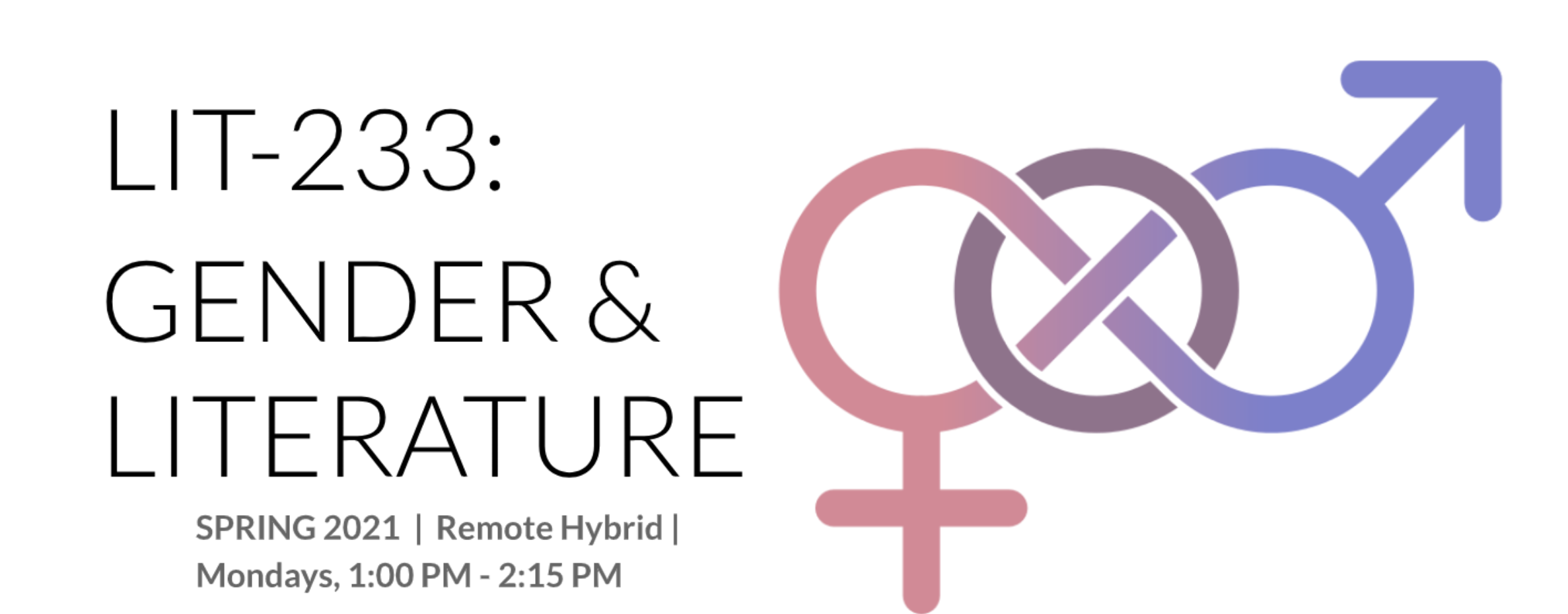
- Teacher: Leigh Bennett
- Teacher: Cecile Corona
- Teacher: Nazha Zahiri
- Teacher: Giuseppa Cefalu
- Teacher: Jeff Ellenbird
- Teacher: Jacqueline Kerstner
- Teacher: Jennifer Grehan
- Teacher: Michael Harris

- Teacher: Alison Ruch
- Teacher: Proshot Kalami
- Teacher: Cecile Corona
- Teacher: Douglas Pastel
- Teacher: Mark Popeney
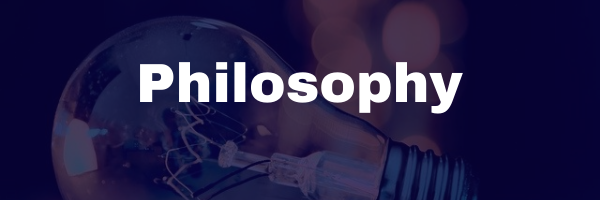
- Professor: Monica Poole
- Teacher: Jacqueline Kerstner
- Teacher: Elizabeth Miller
- Teacher: Harris Williams
- Teacher: Whitney Nelson
- Teacher: Ayesha Islam
- Teacher: Donna Misrati
- Teacher: Riikka Pietilainen-Caffrey
- Teacher: Mark Popeney
- Teacher: Michelle Murphy
- Teacher: Richard Yost
- Teacher: Shanadeen Begay
- Teacher: Shanadeen Begay

- Teacher: Alicia Gallego Zarzosa
- Teacher: Marija Bingulac
- Teacher: Abouhamed Saberi
- Teacher: Ana Ilic
- Teacher: Michael Dubson
- Teacher: Krista Reichert
- Teacher: Irene Sancinito
- Teacher: Dean Marzullo

- Professor: Monica Poole
- Teacher: Kathleen Enright
- Teacher: Kathleen Enright
- Teacher: Belinda Kadambi
- Teacher: Elizabeth Miller
- Teacher: Peter Morgan
- Teacher: Peter Morgan

- Teacher: Asther Asmelash
- Teacher: Lindsay Naggie
- Teacher: Lindsay Naggie

- Teacher: Asther Asmelash
- Teacher: Selig Broitman

- Teacher: Naoko Akai-Dennis
- Teacher: Vijaya Sundaram
- Teacher: Vijaya Sundaram

- Teacher: Monica Poole
- Teacher: Whitney Nelson
- Teacher: Elizabeth Miller
- Teacher: Andre Robinson
- Teacher: Alan Shute
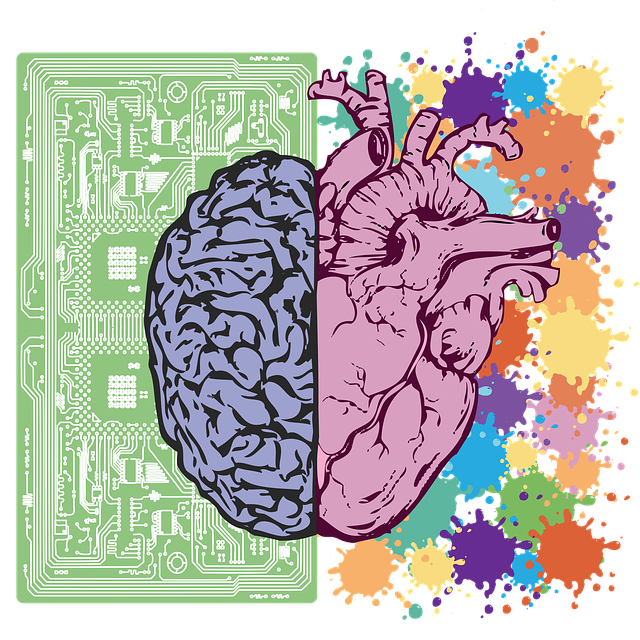
- Teacher: Alison Ruch
- Teacher: Belinda Kadambi
- Teacher: Elizabeth Miller
- Teacher: Douglas Pastel
- Teacher: Vincent Bisson
- Teacher: Douglas Pastel
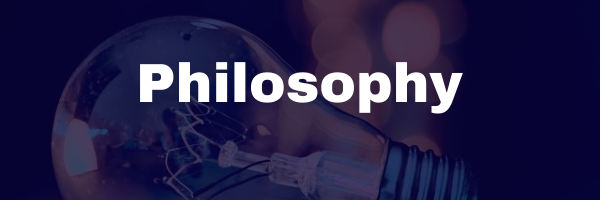
- Teacher: Monica Poole
- Teacher: Peter Morgan
- Teacher: Nicole Guilmette
- Teacher: Richard Yost
- Teacher: Richard Yost
- Teacher: Richard Yost
- Teacher: Belinda Kadambi
- Teacher: Marija Bingulac
- Teacher: Joshua Heerter
- Teacher: Deborah Latina

- Teacher: Alison Ruch

- Teacher: Denise O'Malley
- Teacher: Peter Morgan
- Teacher: Maria Puente
- Teacher: Timothy McLaughlin
- Teacher: Irene Sancinito
- Teacher: Guixia Yin
- Teacher: Luana McCuish
- Teacher: Shana Berger
- Teacher: Jac-Lynn Stark
- Teacher: Jac-Lynn Stark

- Teacher: Asther Asmelash
- Teacher: Selig Broitman
- Teacher: Guixia Yin
- Teacher: Guixia Yin
- Teacher: Toni Borge

- Teacher: Tori Savage
- Teacher: Marie Levey
- Teacher: Jennifer Cohn
- Teacher: Michael Dubson
- Teacher: Sean Allan
- Teacher: Jennifer Cohn
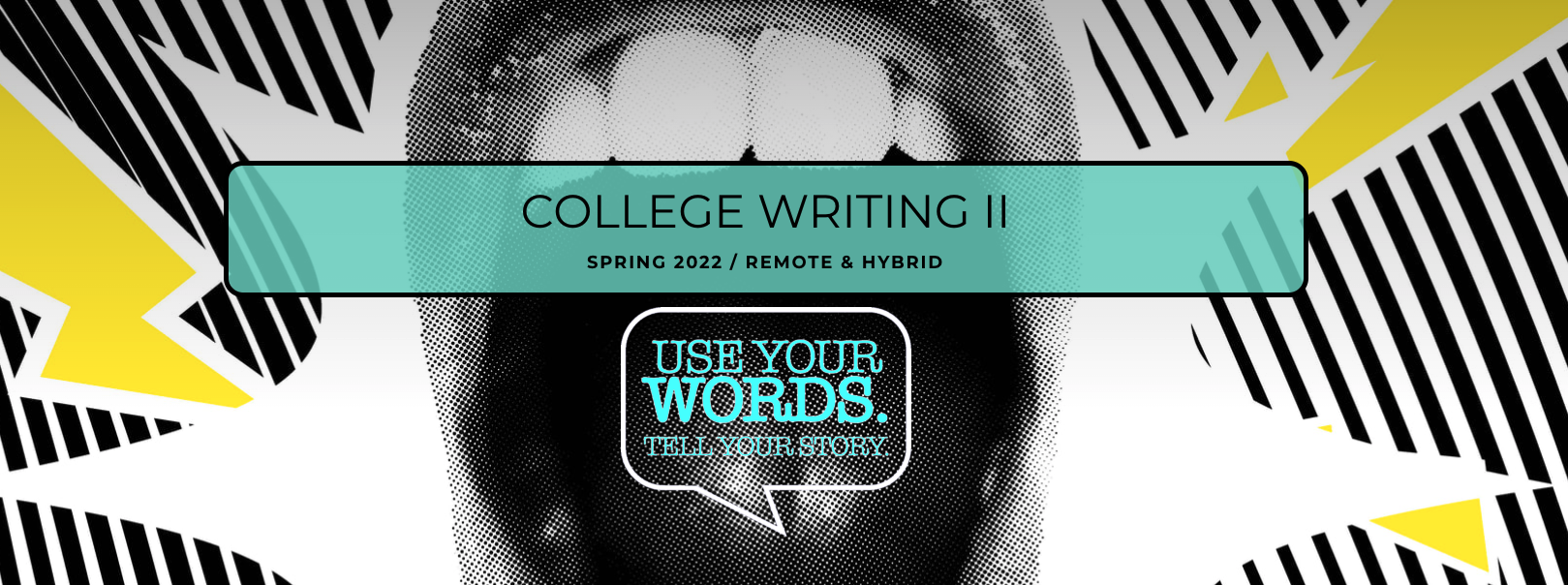
- Teacher: Leigh Bennett

- Teacher: Naoko Akai-Dennis
- Teacher: Toni Borge
- Teacher: Elizabeth Charlton
- Teacher: Guixia Yin
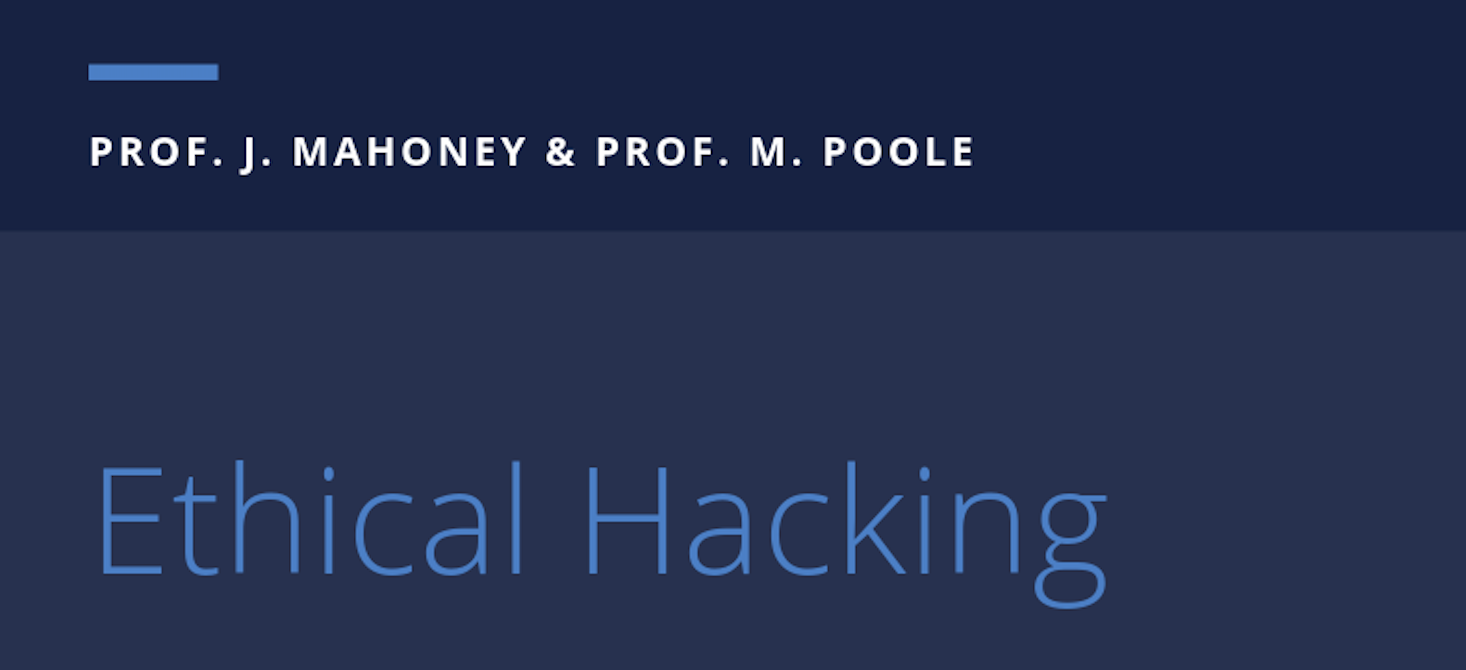
- Professor: Jaime Mahoney
- Professor: Monica Poole
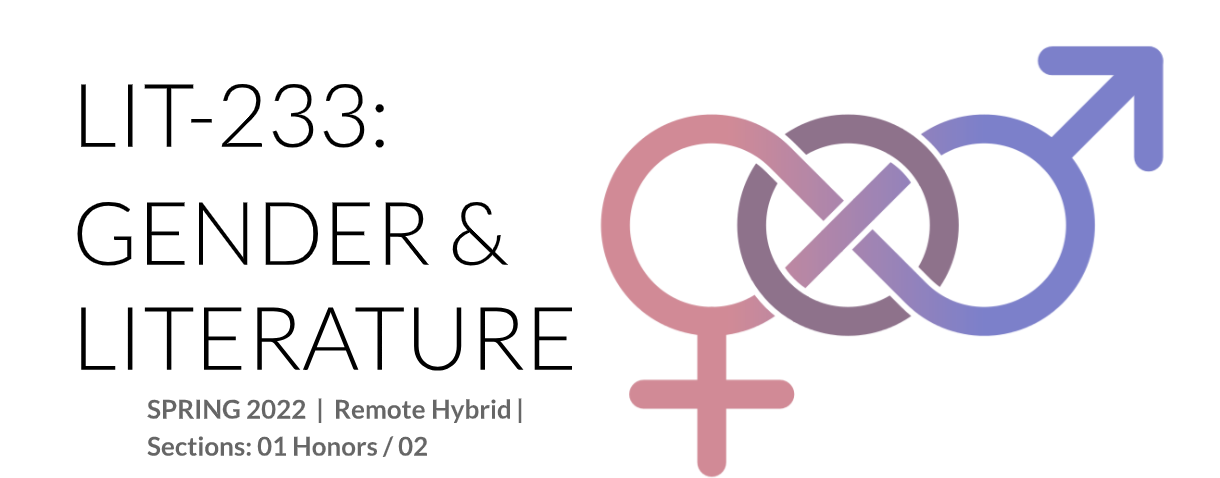
- Teacher: Leigh Bennett
- Teacher: Giuseppa Cefalu
- Teacher: Philip Kazanjian
- Teacher: Jacqueline Kerstner
- Teacher: Douglas Pastel
- Teacher: Douglas Pastel
- Teacher: Jacqueline Kerstner
- Teacher: Jacqueline Kerstner

- Teacher: Erica Flores
- Teacher: Richard Yost
- Teacher: Richard Yost
- Teacher: Richard Yost
- Teacher: Riikka Pietilainen-Caffrey
- Teacher: Jesse Briggs
- Teacher: Demarko Cabral
- Teacher: Nicholas Cardellicchio
- Teacher: Nicholas Mutter
- Teacher: Juliette Cusick
- Teacher: Melissa Colon
- Teacher: Kathleen Enright
- Teacher: Kathleen Enright

- Teacher: Alison Ruch
- Teacher: Shirley Cassara
- Teacher: Timothy McLaughlin
- Teacher: Elizabeth Charlton
- Teacher: Elizabeth Charlton
- Teacher: Paul Grabianowski
- Teacher: Jennifer Cohn
- Teacher: Selig Broitman
- Teacher: Cecile Corona
- Teacher: Toni Borge
- Teacher: Jennifer Cohn
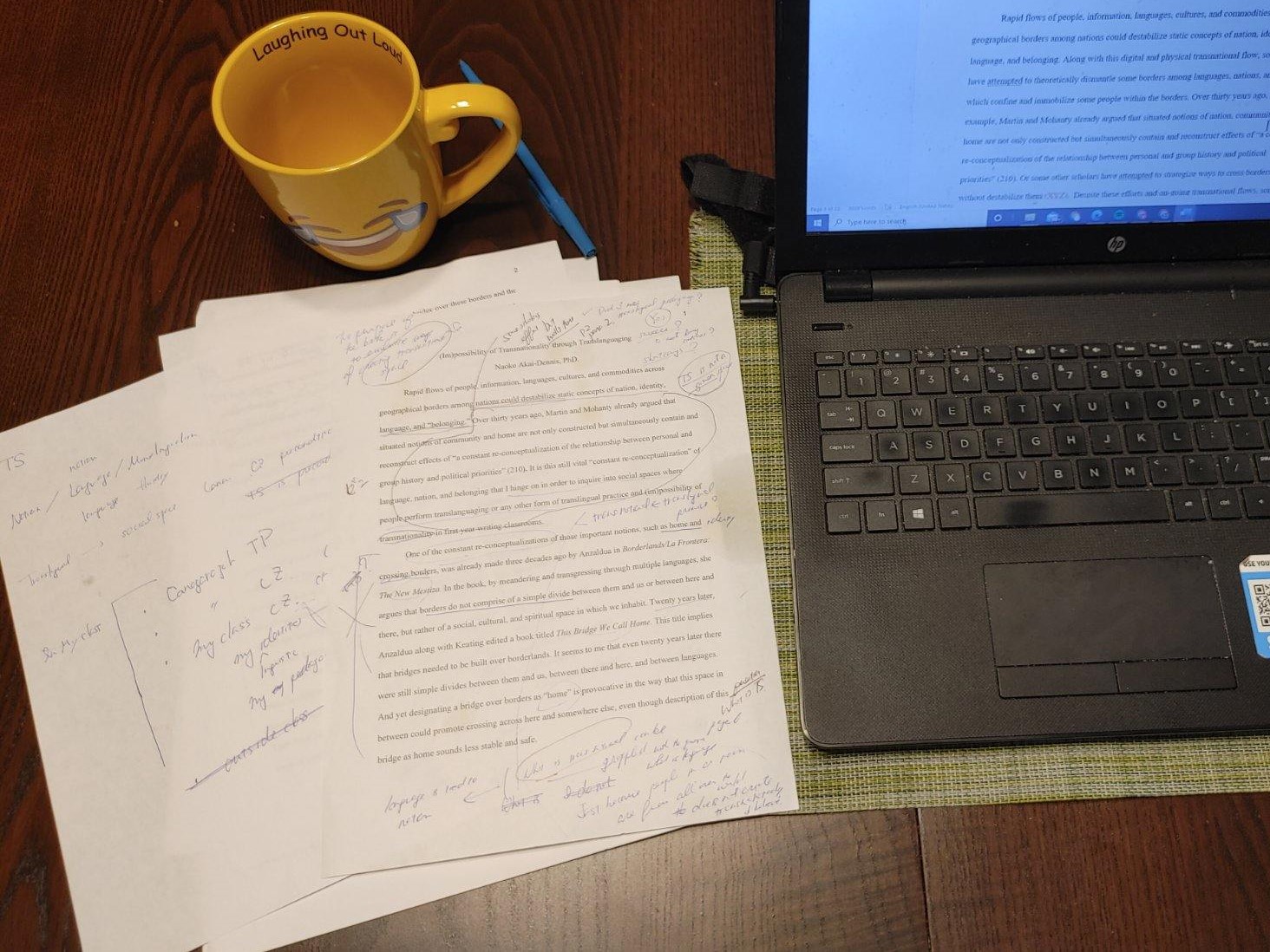
- Teacher: Naoko Akai-Dennis
- Teacher: Michael Clifford
- Teacher: Sean Allan
- Teacher: Toni Borge
- Teacher: Elizabeth Charlton

- Teacher: Naoko Akai-Dennis
- Teacher: Mary Cragg
- Teacher: Youssef Sabouni
- Teacher: Sean Allan
- Teacher: Chalermpon Kesa

- Teacher: Jeff Ellenbird
- Teacher: Janelle Heideman

- Teacher: Alison Ruch

- Teacher: Alison Ruch
- Teacher: Patricia Colella
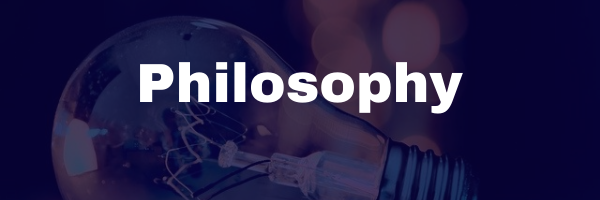
- Teacher: Monica Poole
- Teacher: Jacqueline Kerstner
- Teacher: Jacqueline Kerstner
- Teacher: Susan Atlas
- Teacher: Cecile Corona
- Teacher: Richard Yost
- Teacher: Aurora Belina Bautista
- Teacher: Juliette Cusick
- Teacher: Brianna Coviello
- Teacher: Deborah Latina
- Teacher: Ashley Paul
- Teacher: Guixia Yin

- Teacher: Monica Poole
- Teacher: Harris Williams
- Teacher: Alka Bhaskar

- Teacher: Samira Belaoun
- Teacher: Elizabeth Miller
- Teacher: Peter Morgan
- Teacher: James Deveney
- Teacher: Jennifer Valdez
- Teacher: James Deveney

- Teacher: Alison Ruch
- Teacher: Paul Grabianowski

- Teacher: Naoko Akai-Dennis
- Teacher: Selig Broitman

- Teacher: Alison Ruch

- Teacher: Naoko Akai-Dennis
- Teacher: Cecile Corona
- Teacher: Lindsay Naggie
- Teacher: Lindsay Naggie
- Teacher: Elizabeth Charlton
- Teacher: Vijaya Sundaram

- Teacher: Naoko Akai-Dennis
- Teacher: Vijaya Sundaram
- Teacher: Vijaya Sundaram
- Teacher: Vijaya Sundaram

- Teacher: Naoko Akai-Dennis
- Teacher: Masako D'Auria

- Teacher: Tori Savage
- Teacher: Jacqueline Kerstner

- Teacher: Alison Ruch
- Teacher: Belinda Kadambi
- Teacher: Wissal Nouchrif
- Teacher: Elizabeth Miller
- Teacher: Douglas Pastel
- Teacher: Mark Popeney
- Teacher: Jacqueline Kerstner
- Teacher: Jacqueline Kerstner
- Teacher: Nicole Guilmette
- Teacher: Mark Popeney
- Teacher: Cecile Corona
- Teacher: Richard Yost
- Teacher: Richard Yost
- Teacher: Tendai Nyakurimwa
- Teacher: James Biagioni
- Teacher: James Biagioni
- Teacher: Shanadeen Begay
- Teacher: Shanadeen Begay
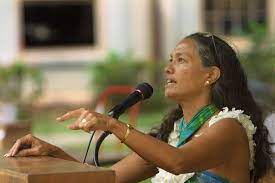
- Teacher: Gordon Curry
- Teacher: Professor Kei Larosa
- Teacher: Aurora Belina Bautista
- Teacher: Aurora Belina Bautista
- Teacher: Juliette Cusick

- Teacher: Robert Steeper
- Teacher: James Deveney
- Teacher: Joshua Heerter
- Teacher: Jefferson Fernandes
- Teacher: Jefferson Fernandes
Corequisites BIO-108 and ENG-111
Credits: 10
- Teacher: Jesse Briggs
- Teacher: Nicholas Mutter
- Teacher: Elizabeth Miller
- Teacher: Elizabeth Miller
- Teacher: Henry J. Allen Jr
- Teacher: Harris Williams
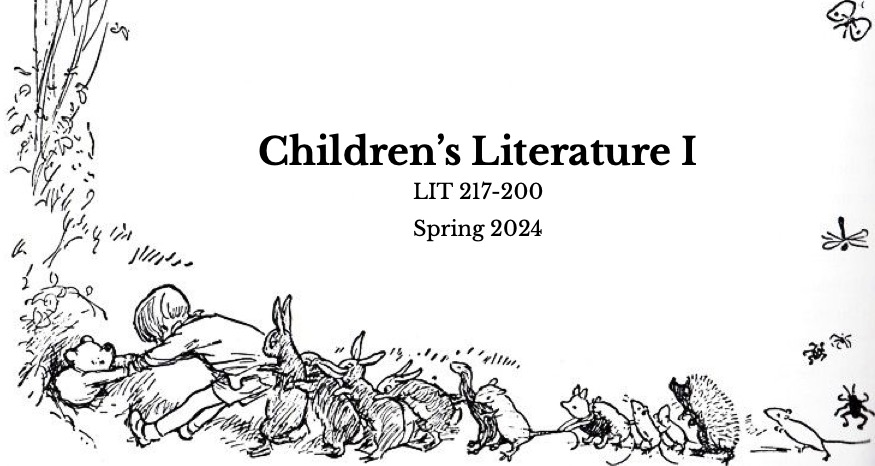
- Teacher: Tori Savage
- Teacher: Timothy McLaughlin
- Teacher: Tua Nefer
- Teacher: Shana Berger
- Teacher: Selig Broitman

- Teacher: Naoko Akai-Dennis
- Teacher: John Kordalewski
- Teacher: Paul Grabianowski
- Teacher: Gregory Grosvenor
- Teacher: Katherine Kominis
- Teacher: John Kordalewski
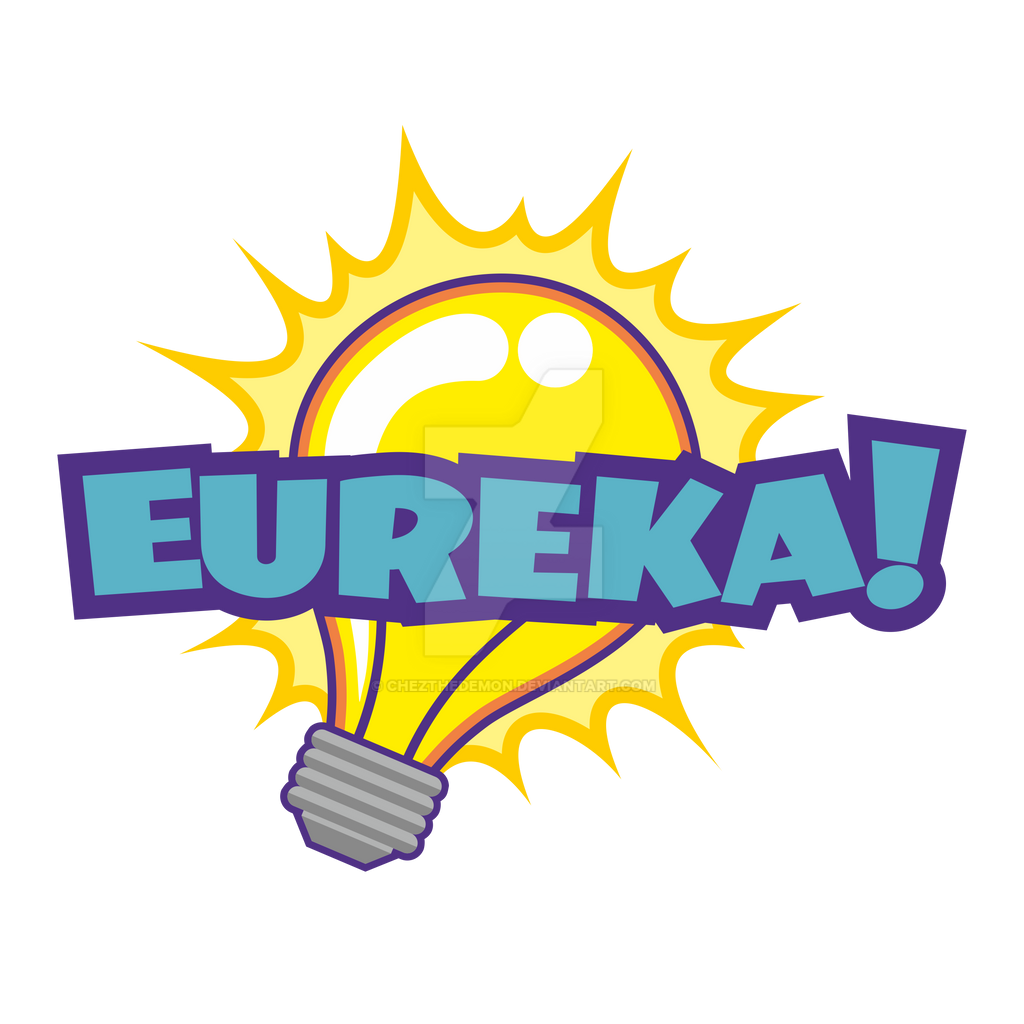
- Teacher: Naoko Akai-Dennis
- Teacher: Cecile Corona
- Teacher: Elizabeth Charlton
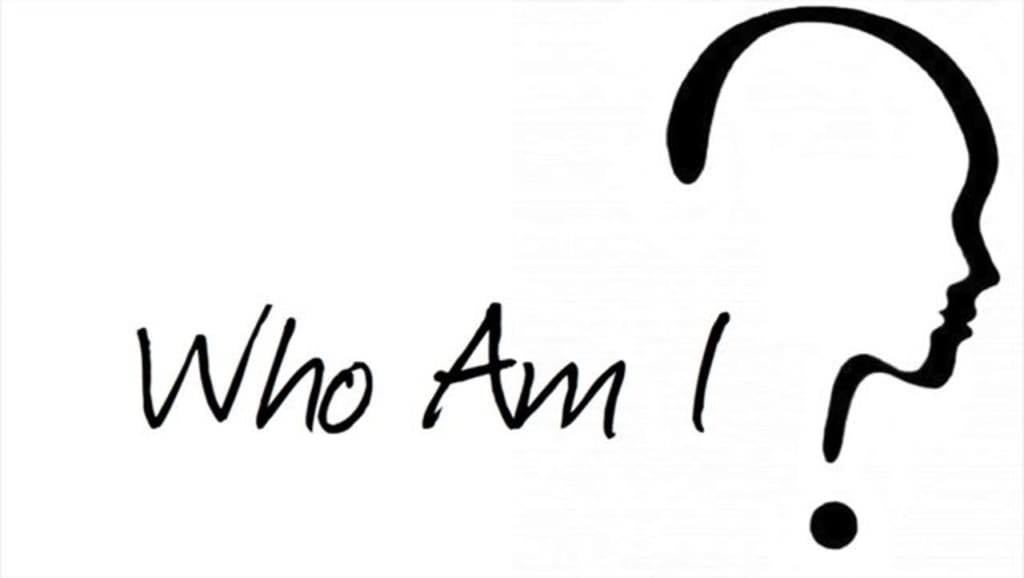
- Teacher: Naoko Akai-Dennis
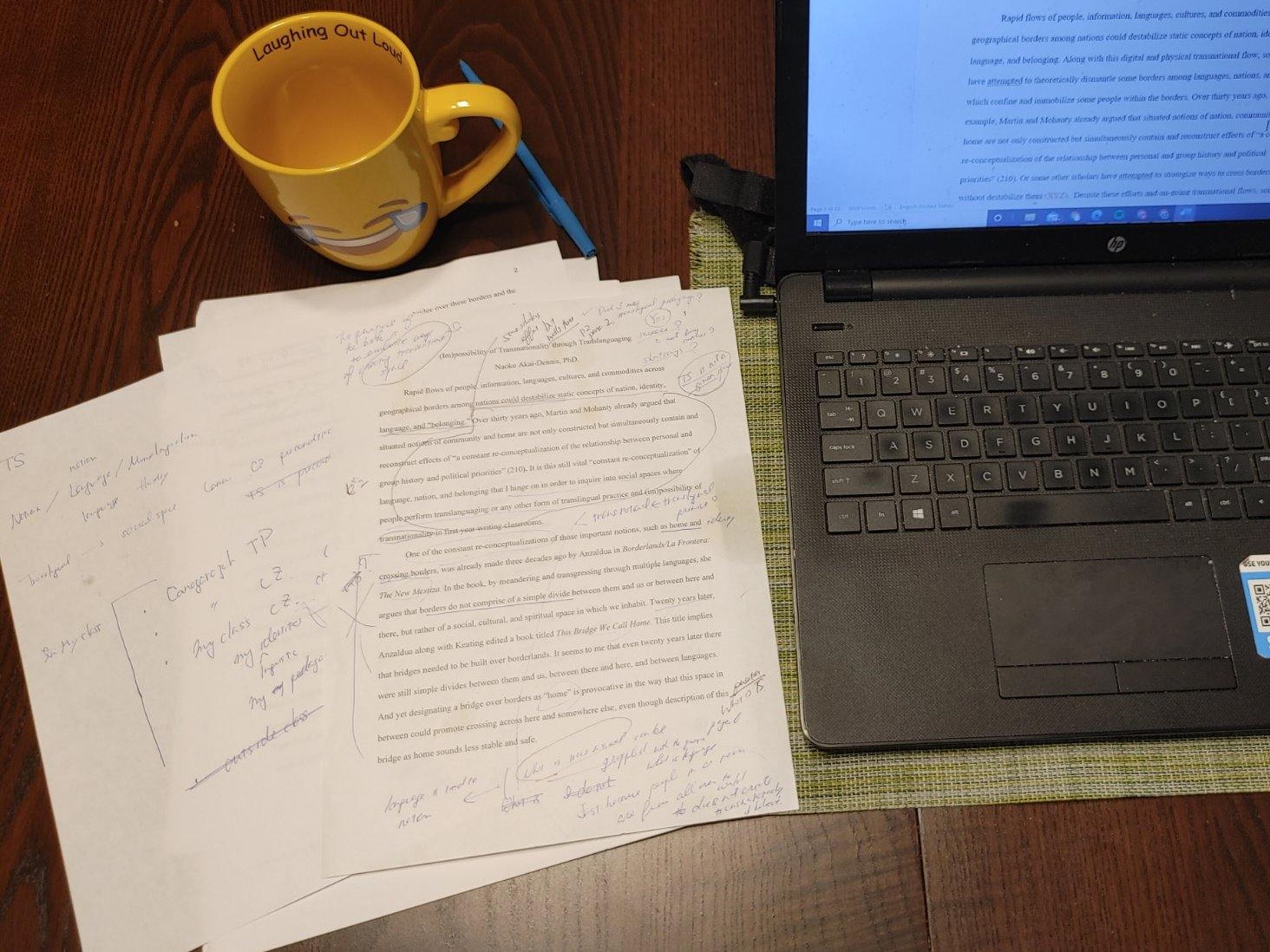
- Teacher: Naoko Akai-Dennis

- Teacher: Alison Ruch
- Teacher: Ashley Paul

- Teacher: Naoko Akai-Dennis
- Teacher: Bhanumathi Selvaraj
- Teacher: Jesse Briggs
- Teacher: Kyle Kendall
- Teacher: Jesse Briggs
- Teacher: Nicholas Mutter
- Teacher: Miguel Ortiz
- Teacher: Jesse Briggs
- Teacher: Philip Kazanjian
- Teacher: Andre Robinson

- Teacher: Alison Ruch
- Teacher: Belinda Kadambi
- Teacher: Elizabeth Miller
- Teacher: Kristen Callahan
- Teacher: Douglas Pastel
- Teacher: Douglas Pastel
- Teacher: Marija Bingulac
- Teacher: Kristen Callahan
- Teacher: Richard Yost
- Teacher: Stephen O'Leary
- Teacher: Richard Yost
- Teacher: David Thrope
- Teacher: Shanadeen Begay
- Teacher: Mark Popeney
- Teacher: Professor Kei Larosa

- Teacher: Robert Steeper

Anatomy & Physiology 1
Bio 203-300R
Fall 2025
(This class will not meet face-to-face on campus. It will meet remotely online through Video-Conference Meetings during the scheduled times listed. In addition to remote class meetings, students will participate in coursework independently)
(October 28th – December 16th)
Meeting Tuesday (first virtual meeting Tuesday, October, 28th)
Link for meeting:
https://bhcc.webex.com/meet/arbusch
Instructor: Annette Busch, Ph.D.
E-mail: arbusch@bhcc.mass.edu
(Please allow at least 48 hours for a follow up communication). When communicating via email you must use your BHCC account and you must include the course title and section in the subject. If you do not follow these two rules, I will not be able to respond to you.
Lectures/Labs: Generally, you should plan to meet at these times using the WebEx Training platform. During this time, we will meet as a full class to discuss the weekly readings and assignments. You will use the McGraw-Hill Course Management System, CONNECT, to complete your activities. The section on “Digital Tools” explains the technology you need to use WebEx Training Tool
Prerequisites: Principles of Biology I/Lab (BIO101) or Human Biology/Lab (BIO108) or General Biology I/Lab (BIO195).
Course Description:
This is the first semester of a one-year course that studies the human body. It is primarily
designed for those students pursuing majors in the health professions. Topics include tissues,
and the skeletal, muscular, and nervous system, including the organs of special sense and a
Review of basic chemistry and cellular structure and function. Laboratory work is designed to
supplement the lecture material. The department encourages students to complete Principles of Biology II/Lab (BIO102) and/or Chemical Science I/Lab (CHM110) before enrolling in this course.
Number of credits: 4.0
Course Rationale:
This course will introduce students to the structure and function of several
systems of the human body.
Student Learning Outcomes:
Upon successful completion of this course work, students will be able to:
1. Use the anatomical position, anatomical and directional terminology to identify and describe the location of the major organs of each system covered.
2. Describe the structural levels of organization (molecular, cellular, tissue, organ, system) of the human body and explain the interrelationships among these levels for each organ system studied.
3. Explain the concept of homeostasis and the role of organ systems studied and mechanisms in maintaining homeostasis.
4. Identify and describe the major gross and microscopic components of all systems studied.
5. Explain basic physiological processes of all systems studied.
6. Demonstrate proper use of laboratory equipment, including microscopes, dissection tools, clay muscle models, bones, and virtual simulations, in a safe and ethical manner.
7. Work collaboratively to perform lab procedures/experiments.
8. Demonstrate critical thinking and problem-solving skills.
REQUIRED MATERIAL: All of your course work will be completed through an URL/Websites called Connect. You MUST register for CONNECT! When you click on the link, it will take you to a new web page. CONNECT is REQUIRED!!!!
The link below provides access to the ebook Anatomy and Physiology; by Kenneth Saladin; 10th edition, McGraw-Hill.
How to register
Go to your section registration link and enter your email to register.
Section registration link: https://connect.mheducation.com/class/a-busch-late-start-ap1-fall2025-815
Having trouble registering?
Get help: https://www.mheducation.com/highered/support/connect/first-day-of-class/standalone.html
Remote Courses:
This course is designated as a REMOTE course and will not meet on campus, but the course is as rigorous as an on-campus college course. Students should be aware that they will need to schedule time to succeed on the assignments, as they would for an on-campus course.
Attendance:
You are expected to attend all virtual class meetings.
Students who miss three virtual lab sessions or three lab assignments will receive an F grade for the course.
Course Technology Requirements:
Students will require a reliable computer and fast WiFi or broadband service.
Smartphones and tablets may not give you adequate access to all aspects of the online course material.
Chromebooks may be available for loan through the BHCC campus. Please contact Single Stop for more information at https://www.bhcc.edu/singlestop/
In addition, free internet service may be available in your neighborhood.
https://www.boston.gov/news/internet-connectivity-and-technology-supports-during-covid-19-response
Grading:
Exam 1 = 300 points Reading Assignments* = 100 points Virtual Labs = 300
Exam 2 = 300 points Homework * = 100 points
Exam 3 = 300 points
Lab Exam = 200 points
Total: 1100 points 200 points 300 points
Grand Total: 1600 points
* I will drop 2 of the lowest or missed homework and reading assign.
The final grade is a percentage determined by dividing the total number of points obtained by 1600 points. A letter grade is assigned based on the college's grading system:
A 93-100 C 73-76
A- 90-92 C- 70-72
B+ 87-89 D+ 67-69
B 83-86 D 63-66
B- 80-82 D- 60-62
C+ 77-79 F Below 60
All ASSIGNMENTS AND EXAMS ARE FOUND ON THE HOMEPAGE OF THE CONNECT SITES
Homework:
The Homework assignments are kinesthetic in nature. YOU have 3 attempts and you can "check your work" (It will not tell you the correct answer, only your wrong answers. You can only use it 2 times per question). During the Homework Assignment, you can also receive “hints” by rolling your cursor over the blank entry box. You can also be referenced/remediated back to both the written text and the eBook via the “References” and “Related links” hyperlinks at the bottom of the page. Only your HIGHEST SCORE will be counted towards your final grade. There is a due date for each Homework assignment. NOTE: Assignment due dates will not be extended.
Reading Assignments/Smartbook:
I have also included Reading assignments. These assignments accomplish two things. They will not only assess your knowledge, but they will also serve as a personal “tutor”. It is an artificial intelligence that adapts to your performance (Therefore, you should have READ THE CHAPTER and completed the HOMEWORK first!!!). It will not permit you to progress from Bloom’s Level 1 (Rote memorization) to Bloom’s Level 2 (Understanding), unless you have mastered the concepts first. When you struggle with a concept, and miss multiple questions quizzing that concept, you will be given feedback and be directed to the exact section/page in the text for review. No credit will be given to late assignments. NOTE: Assignment due dates will not be extended.
Exams:
There will be 3 lecture exams based on materials from Chapters covered.
Lecture exam questions will draw from the pool of Practice exam questions, as well as HW, LS, chapter power points, and may include materials covered in the virtual labs. Students are required to submit the exam by the designated due date. NO credit will be given for late submissions. There will be a strict time limit when taking exams. Makeup of exams is not allowed.
NOTE: Assignment due dates will not be extended.
NOTE: Requirement for this class is a computer with a camera and google chrome to be used during quizzes and exams. Exams and quizzes taken without the use of a camera will result in a failing grade.
Practice Lecture Exams:
Students should familiarize themselves with the material posted on the practice exams to prepare for their exams.
They will only be available prior to the scheduled exam date. NOTE: Lecture exam questions will draw from the pool of Practice exam questions, as well as HW, LS, chapter power points, and may include materials covered in the virtual labs.
Lab Test:
There will be one lab test based on practice lab exam questions, as well as HW, LS, quizzes, chapter power points, and may include materials covered in the virtual labs and lab assignments. Students are required to submit the test by the designated due date. No credit will be given for late submissions. There will be a strict time limit when taking exams. Makeup of the lab test is not allowed.
NOTE: Assignment due dates will not be extended.
NOTE: Requirement for this class is a computer with a camera and google chrome to be used during quizzes and exams. Exams and quizzes taken without the use of a camera will result in a failing grade.
Virtual Lab Activities:
You are required to complete designated Anatomy Dissection and Physiology Virtual Labs. These labs can be found in designated Virtual Lab Folders. Students are required to submit virtual labs by due dates. Late assignments will not be accepted. This is a lab science course and therefore these activities are mandatory. Missing three virtual lab activities will result in a failing course grade.
Chapter Power Point Slides:
Power points slides are available to view and study on the assigned chapters
Anatomy and Physiology Revealed (APR):
APR allows access to short chapter animations, histology slides, and dissection material. When you open APR select a module, then select the video, microscope or scalpel icon. Next select all content, then select desired video etc.
The final grade is a percentage determined by dividing the total number of points obtained by 2200 points. A letter grade is assigned based on the college's grading system:
A 93-100 C 73-76
A- 90-92 C- 70-72
B+ 87-89 D+ 67-69
B 83-86 D 63-66
B- 80-82 D- 60-62
C+ 77-79 F Below 60
Getting Help:
If you are having trouble with the material in this course please ask for help.
I am available during scheduled office hours, and by appointment.
The student support center offers help with academic skills and the
Tutoring center will set up study groups and can provide tutoring at
No additional cost to students.
Tasc@bhcc.edu
Statement of Reasonable Accommodation for
Students with Disabilities:
BHCC welcomes students with disabilities to engage in an interactive, collaborative partnership with Disability Services and faculty in order to meet your educational and academic needs. If you have a disability-related need for reasonable academic accommodations in this course and have not yet met with a Disability Counselor, please visit https://www.bhcc.edu/disabilitysupportservices/
and follow the outlined procedure to request services.
If Disability Services has formally approved you for an academic accommodation in this class, please send me your “Faculty Notice of Academic Accommodations” during the first week of the semester, so that we can address your specific needs as early as possible.
College Policies:
There are important college policies that you should be aware of, such as the add/drop policy; cheating and plagiarism policy, grade appeal procedures; accommodations for students with disabilities and the diversity vision statement. These policies are all outlined in the current Credit Catalog
https://www.bhcc.edu/library/policies/
What you should do each week.
· 1. Students should check their BHCC email daily. I will send out emails with announcements of the week on Mondays (BHCC EMAIL ONLY).
2. Students are expected to read and take notes on each chapter in the ebook, according to the weekly course schedule. Also, through connect; students have access to all power points that accompany each chapter in the e-book.
3. Each week students are to submit assigned Homeworks and Learn Smart assignments, Quizzes and Virtual Labs.
4. Prior to lecture exams and lab exam students are encouraged to take (as many times as you would like) a practice exam.
5. Students will take lecture and lab exams. Refer to weekly schedule.
WEEKLY SCHEDULE
LECTURE AND LAB SCHEDULE
All Meetings are Mandatory
Week 1 October 28th:
October 28th FIRST MEETING
All Assignments due September November 5th
You are expected to read the syallbus and register for Connect.
READ THE ENTIRE SYLLABUS AND THE WEEKLY LAB AND LECTURE SCHEDULE
You are required to read the entire course syllabus and you are responsible for understanding and adhering to all the course policies.
Please REGISTER FOR THE ONLINE CONNECT SITE go directly to the link below and register
REQUIRED MATERIAL: All of your course work will be completed through an URL/Website called Connect.
The below link provides access to the ebook Anatomy and Physiology; by Kenneth Saladin; 10th edition, McGraw-Hill.
To register for the book click on this link and follow the directions:
How to register
Go to your section registration link and enter your email to register.
Section registration link: https://connect.mheducation.com/class/a-busch-late-start-ap1-fall2025-815
Having trouble registering?
Get help: https://www.mheducation.com/highered/support/connect/first-day-of-class/standalone.html
CHAPTER 1 and ATLAS A (Major Themes in Anatomy and Physiology)
- Homework Chapter 1 and Atlas A
- SB Reading Assignment Chapter 1 and Atlas A
- Quiz Chapter 1 Atlas A PROCTORED
LAB ACTIVITIES in Person and Virtual
- Go to the connect site and complete the following virtual labs:
Lab 1A APR Body Orientation
Lab 1B Safety Virtual Lab
CHAPTER 2 (Chemistry of Life)
- Homework Chapter 2
- SB Reading assignment. Chapter 2
LAB ACTIVITIES in Person and Virtual
Go to the connect site and complete the following virtual labs:
Lab 2 Chemistry Lab
Week 2: November 4th
All Assignments due November 12th
CHAPTER 3 (Cellular Form and Function) ASSIGNMENTS DUE
- Homework Chapter 3
- SB Reading assign. Chapter 3
LAB ACTIVITIES in Person and Virtual
Go to the connect site and complete the following virtual labs:
Lab 3A Cell Structure (APR)
Lab 3B Cell Physiology (Virtual Lab)
CHAPTER 5 (Histology)
- Homework Chapter 5
- SB Reading assign. Chapter 5
LAB ACTIVITIES in Person and Virtual
Go to the connect site and complete the following virtual labs:
Lab 4 Microscope (Virtual Lab)
Lab 5 Histology (APR)
Week 3 November 11th: EXAM 1(Chapters 1,2,3,5,6 and Atlas A) Holiday NO MEETING
All assignments due on November 19th
CHAPTER 6 (Integumentary)
- Homework Chapter 6
- Reading assign. Chapter
-
LAB ACTIVITIES in Person and Virtual
- Go to the connect site and complete the following virtual labs:
- Lab 6 The Integument (APR)
Week 4 November 18th:
All assignments due November 26th
CHAPTER 7 (Bone Tissue)
- Homework Chapter 7
- Reading assign. Chapter 7
CHAPTER 8 (Skeletal System)
- Homework Chapter 8
- Reading assign. Chapter 8
LAB ACTIVITIES in Person and Virtual
Lab 7 Skeletal System Dissection (APR)
Week 5 November 25th: Lab Exam (ATLAS A, Chapters 1, 3, 5, 6, 8,10,11)
All assignments due on December 3rd
CHAPTER 9 (Joints)
- Homework Chapter 9
- Reading assign. Chapter 9
LAB ACTIVITIES in Person and Virtual
Go to the connect site and complete the following virtual labs:
Lab 8 Joints (APR)
CHAPTER 10 (Muscular System)
Homework Chapter 10
- Reading assign. Chapter 10
LAB ACTIVITIES in Person and Virtual
Go to the connect site and complete the following virtual labs:
Virtual Lab 9 Muscular System Dissection APR
CHAPTER 11 (Muscular Tissue)
- Homework Chapter 11
- SB Reading assign. Chapter 11
Virtual Lab 10 Skeletal Muscle – Muscle Physiology
Week 6 December 2nd: Exam 2 (Chapters 7,8,9,10,11)
All assignments due on December 11th
CHAPTER 12 (Nervous Tissue)
- Homework Chapter 12
- SB Reading assign. Chapter 12
LAB ACTIVITIES in Person and Virtual
Virtual lab 11 Gross Nervous System Lab
Virtual Lab 12 Brain Dissection
CHAPTER 14 (Brain and Cranial Nerves)
- Homework Chapter 14
- Reading assign. Chapter 14
LAB ACTIVITIES in Person and Virtual
Week December 9th :
Exam 3 (Chapters 12, 14, 16)
All assignments due on December 16th
CHAPTER 16 (Sense Organs) Due December 19th
- Homework Chapter 16
- Reading assign. Chapter 16
LAB ACTIVITIES in Person and Virtual
Virtual Lab 13 Special Senses
- Teacher: Annette Busch
It is expected that students of the course come to class on time and prepared with necessary materials and having completed work as assigned and on time as we use them to build upon our skills each class. Most importantly, we are a community of learners, which means that we all contribute to our understandings and growth within the course. As such, students should be prepared to thoughtfully engage with the material and with their peers throughout the varied activities and practice opportunities presented this semester.
Finally, as I want us all to be successful, never hesitate to ask for clarification or help as needed.
- Teacher: Yahaira Marquez
- Teacher: Arche Jean

This course provides an essential introduction to the dynamic field of remote sensing, offering a comprehensive understanding of the fundamental principles, remote sensing technologies, and applications. Through a blend of theoretical concepts, application of software-based lessons, and hands-on experiences, students will acquire practical skills in image acquisition, exploration, enhancement, interpretation, and analysis enabling the extraction of valuable information from remote sensing imagery. Students will discover the diverse applications of remote sensing including but not limited to environmental modeling, disaster management, urban planning, and technical innovation.
- Teacher: Kim Frashure

This course focuses on the development of thesis-driven essays supported by multiple sources and tailored to a target audience. Students will gain competency in synthesis, analysis and evaluation of multiple sources as well as demonstrate proficiency in conducting research and applying MLA and/or APA format. Students engage in discussions and activities that enhance their understanding of, make connections to and reflect upon diverse cultures, as they examine power structures. The course satisfies the College's General Education requirement for Research Writing.
- Teacher: Naoko Akai-Dennis
COURSE DESCRIPTION
This course covers the medical environment and staff, patient and staff scheduling, medical documents and computerized medical applications, professional activities and travel arrangements for medical staff, health insurance and HIPAA standards, and ICD and CPT coding. Students use a computerized patient accounting software application to enter patient information, diagnostic and procedure codes, schedule and revise patient and staff appointments, process insurance claims, enter financial transactions, and generate financial reports.
Prerequisite: Keyboarding: Document Generation (OIM101).
- Teacher: Carolyn Jordan
Course Description:
This course provides students with an introduction to real estate transactions and general real property rights. We will review the development of property law, titles, estates in land, restrictions, easements, covenants, options, deeds, mortgages, and foreclosure proceedings. You will learn the theory and vocabulary of real estate transactions, the roles and responsibilities of the parties involved, and real estate documents and their preparation.
- Teacher: Chris Buckley

This is a repository for storing information and sharing AI study cases.
Feel free to explore, learn, and contribute knowledge about the practical application of AI, whether you're a beginner or an advanced user.
The goal is to build valuable insights and resources for all faculty, staff, and students.
- dojo owner: Mei-Hua Saml2 Driscoll
Food Service Sanitation (CUL 111) is an introduction to food production practices governed by changing federal and state regulations. Topics to be covered include prevention of food-borne illness through proper handling of potentially hazardous foods (TCS Foods), HACCP procedures, legal guidelines, kitchen safety, facility sanitation, and guidelines for safe food preparation, storing, and reheating. Students will also take the National Restaurant Association ServSafe® examination.
- Teacher: Alicia Harris
This introductory course covers the historical aspects of human services, the requirements and skills of the human service worker, administration and funding of agencies, and the dynamics of work in the profession with a 15-hour service learning requirement at a human service organization required of all students. PREREQUISITES: The prerequisite for this course is Grade C or better in ESL098 and ESL099 or RDG095 and ENG090 or placement.
- Teacher: Elaine Gatewood

This course provides experience in GIS project management and advanced scientific communication. Users will be expected to draft, conduct, and communicate techniques in remote sensing and geographic information systems through a series of multi-step student designed projects. They will also learn from and discuss a wide range of scientific applications for GIS in the modern age.
- Teacher: Kim Frashure
Welcome! Here is how to get started in the course.
Introduction to the course:
Please begin by reviewing the course syllabus. Kindly remember to print and sign a copy of the syllabus acknowledgment form on your first lab session.
Course lectures and assignments:
Please review the course content section vis the week-by-week assignments.
Course communication:
Periodically, over the semester, Instructors will send out information via the announcement section, though the information is simultaneously sent to your college email, I would ask that you review that section weekly to assure you have not missed any updates. There is also a discussion board that students may utilize to communicate weekly with instructors or fellow students, please review that tab for more information. As always, students are encouraged to request office hours, group discussions, or email any questions they may have. Please reach out with any questions!
Resources:
The resource tab is where you can find a great deal of supplemental information to help you succeed in the course. Please review this area as I will reference it throughout the semester when required.
- Teacher: Jesse Briggs
Welcome to Biology 101 summer class. This class is a good combination of basic cell biology, genetics and biochemistry. Some of the modules and chapters have materials could be little hard for freshman students but at the end of the class everybody will learn a lot, hope so and be ready for advance biology classes and a good concept of life sciences in general.
You need to complete six modules, every modules have two chapters each, designated as 1 and 1A and so on. Your quizzes is under Pearson Mastering. Please sign in and complete all quizzes every week. All your lab materials are under Topic 17 in Moodle. Exams dates are in syllabus and restricted access in Moodle. So, You start with reading the syllabus, e-book and slides from Moodle, quiz in mastering, lab activity in Moodle and finish with the exam in Moodle.
- Teacher: Suman Mukherjee

Course Checklist:
2. BHCC Custom scripts - PENDING with MoodleUS
1a. Alternatename display
1b. Course visibility management
1c. Defaulty template auto-import to course creations
3. Plugins (to look out for)
2a. All "typical" Activity/Resource items
2b. Respondus - connecting fine
2c. Turnitin - upload on behalf of student to view full action
2d. Sharing Cart - fine
2e. H5P - fine (contents getting Installed & Updated)
2f. Pearson MyLab & Mastering - connecting fine
2g. McGraw Hill - connecting fine
Ensure "unused" plugins aren't causing issues (like Collaborate did to the Activity/Resource grid)
4. External Tools
MAIN – (Doesn’t Include Course/Dept Related Tools)
Webex Ed Connector - connecting fine
Digication - ePortfolio - connecting fine
Panopto - connecting fine
Smarthinking/Brainfuse - connecting fine (Brainfuse test on Tues)
Qualtrics - connectiong fine (course not provisioned)
5. Mobile Moodle
Moodle App via iPhone 14 - fine
Moodle Mobile web - fine but display issues of card stacking and black hamburger icon sent to MoodleUS
- Teacher: Moodle Connect4
- Teacher: Therese Pullum